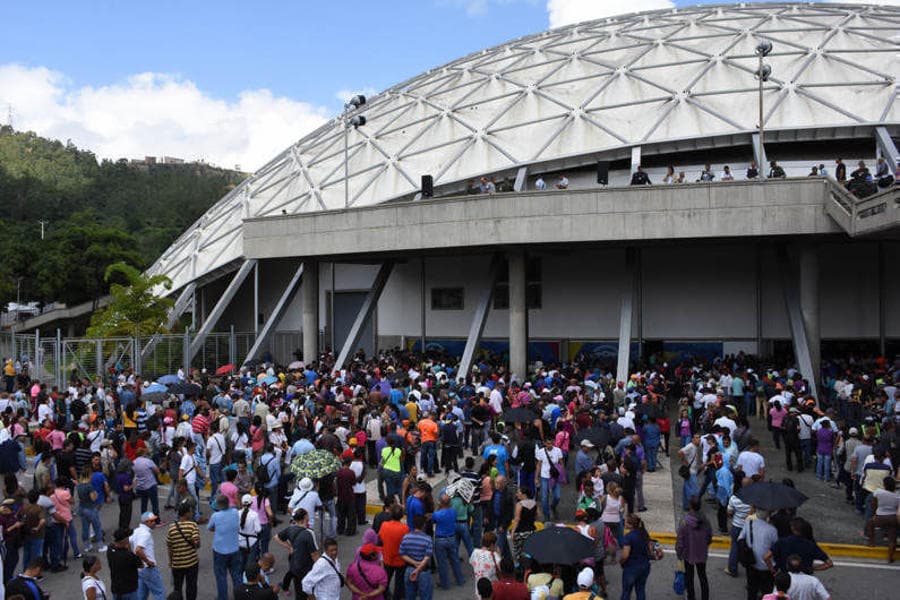Venezuelan Youth Migration: A Critical Review
Vera Sanoja Zerpa
September 26, 2017

Caracas, Venezuela (VIAnews) - Given the current situation in Venezuela, many young people have been forced to seek a better future in other countries.
The culprits are the economic, political and social instability the country has been facing lately. High crime, violence and delinquency rates are causing insecurity issues. The excessive inflation is making it difficult for people to be economically stable, even, to be sure to afford the basic goods and services in the future. There are no housing policies for the youth which could ensure an affordable place to live. There is an absence of essential medicines in the market place. Also, corruption is deeply ingrained in the Venezuelan society. According to the Corruption Perceptions Index (CPI), Venezuela is the 10th most corrupt country in the world.
According to El Nacional, a major breaking news publication in Venezuela, the most frequent destinations for Venezuelans have been Colombia. Venezuela shares a common border and there are deep family ties among the population. Other countries include Chile, Ecuador, Peru, Panama, and Argentina. The Latin American are among the favorites because there is no language barrier and cultural proximity. But perhaps, one of the strongest reason is that many airlines that flew to other destinations (such as Europe and North America) have left the country.
It's not only the Venezuelan youth, entire families are going abroad. Recent statistics indicate that the largest number of Venezuelans who indefinitely have left the country are young people, with a fundamental characteristic, they are young professionals. This is young people who are professionally qualified and have completed university studies and even fourth level training –i.e. masters, specializations, etc. They are qualified workers, paid by Public Universities, which are now leaving the country.
Another problem is the strong dropout rate at the university level. According to El Nacional, at Universidad del Zulia (LUZ) it has reached 35%. Not only students but also teachers, at Universidad Central de Venezuela (UCV) it has reached 50% of teacher dropout.
Due to the lack of reliable data and information from State offices, such as the National Statistics Institute (INE), we do not have official figures on this delicate topic that affects the whole population. Despite this, there are unofficial reports that could help us address the problem. Mass media institutions have helped to make visible this phenomenon, such as the national press.
Nowadays, we can find several Venezuelan citizens with family members and friends living abroad. Emigration has always existed but never so strong as it is today. This is a reality that's been mostly uncovered only by the free media publications.
Historically, Venezuela has received many immigrants during the twentieth century from all around the globe: Chileans displaced by Pinochet's dictatorship, Argentines and Uruguayans moved by the unfriendly political panorama. Colombians and Costa Ricans living in extreme poverty who later became productive members of the Venezuelan society. Also, the European migrations: mostly Spanish, Italian and Portuguese who were responsible for opening bakeries and restaurants on national soil.
Nothing before caused such a radical separation among the Venezuelan society. This has become a sensitive issue since it developed the rapid disintegration of entire families. Moreover, and what perhaps generates more apprehension, is young professionals are creating value abroad, while Venezuela continues to delve deeper into crisis.
